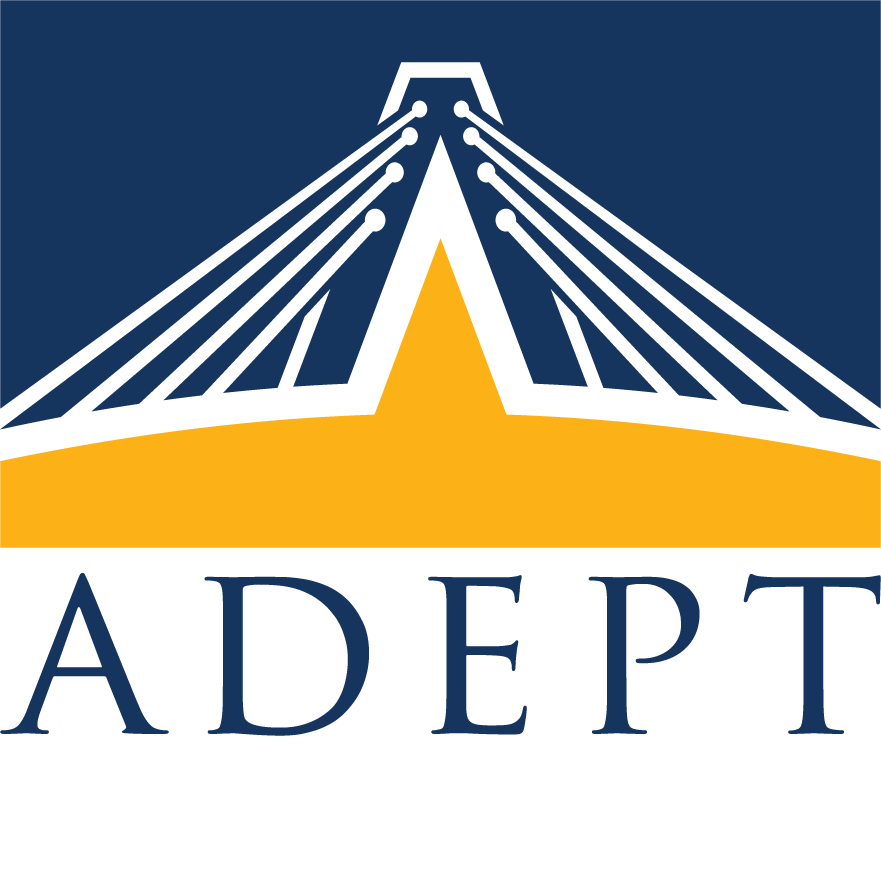Golden Gate: Bridging The Resource-Efficiency Gap Between ASICs and FPGA Prototypes
Authors: Albert Magyar, David Biancolin, John Koenig, Sanjit Seshia, Jonathan Bachrach, Krste Asanović
Abstract: We present Golden Gate, an FPGA-based simulation tool that decouples the timing of an FPGA host platform from that of the target RTL design. In contrast to previous work in static time-multiplexing of FPGA resources, Golden Gate employs the Latency-Insensitive Bounded Dataflow Network (LI-BDN) formalism to decompose the simulator into subcomponents, each of which may be independently and automatically optimized. This structure allows Golden Gate to support a broad class of optimizations that improve resource utilization by implementing FPGA-hostile structures over multiple cycles, while the LI-BDN formalism ensures that the simulator still produces bit- and cycle-exact results. To verify that these optimizations are implemented correctly, we also present lime, a model-checking tool that provides a push-button flow for checking whether optimized subcomponents adhere to an associated correctness specification, while also guaranteeing forward progress. Finally, we use Golden Gate to generate a cycle-exact simulator of a multi-core SoC, where we reduce LUT utilization by up to 26% by coercing multi-ported, combinationally read memories into simulation models backed by time-multiplexed block RAMs, enabling us to simulate 50% more cores on a single FPGA.
Publication date: 11/04/2019 (in press)
Conference: ICCAD 2019
